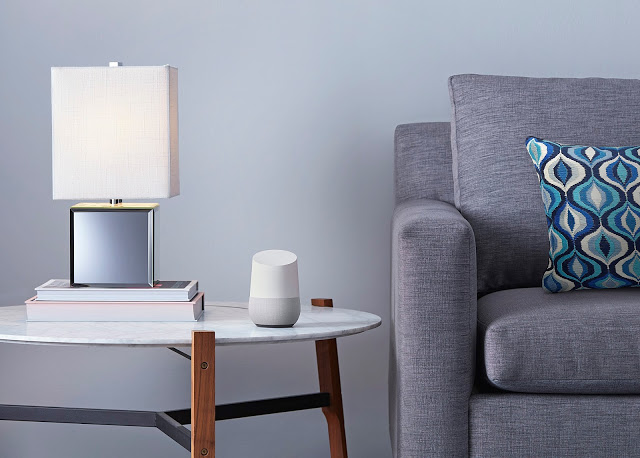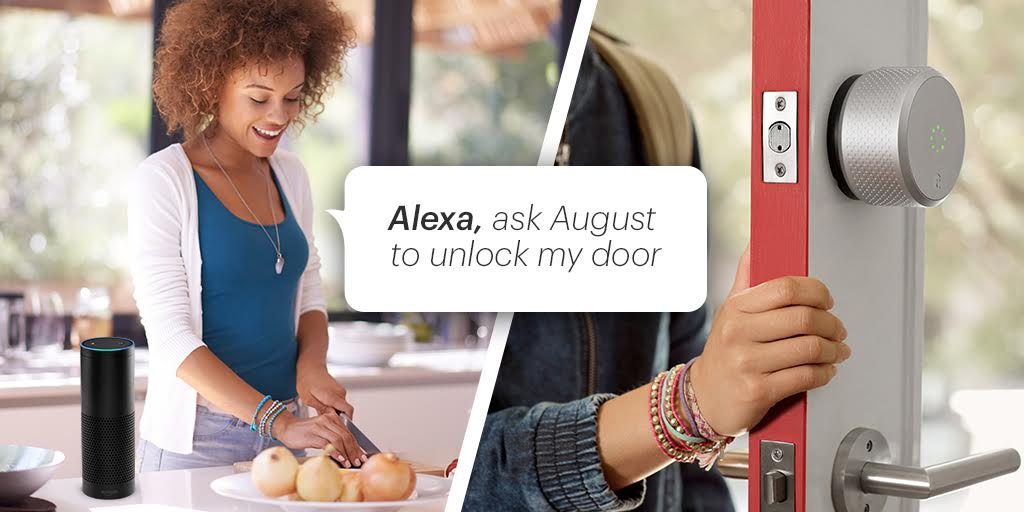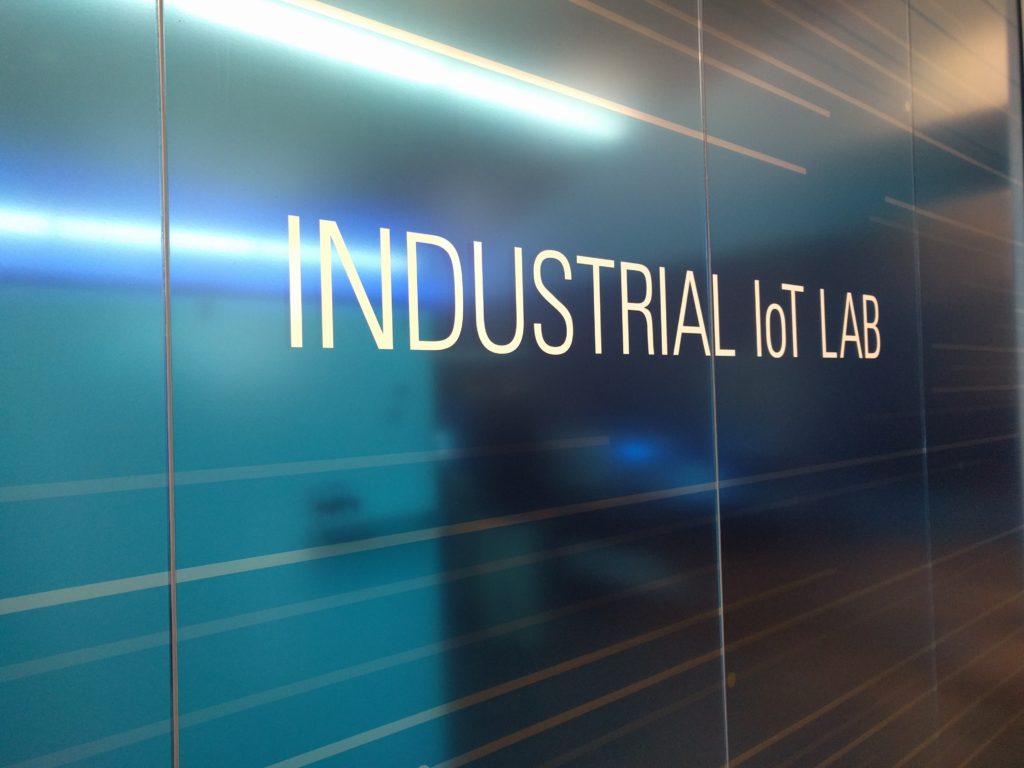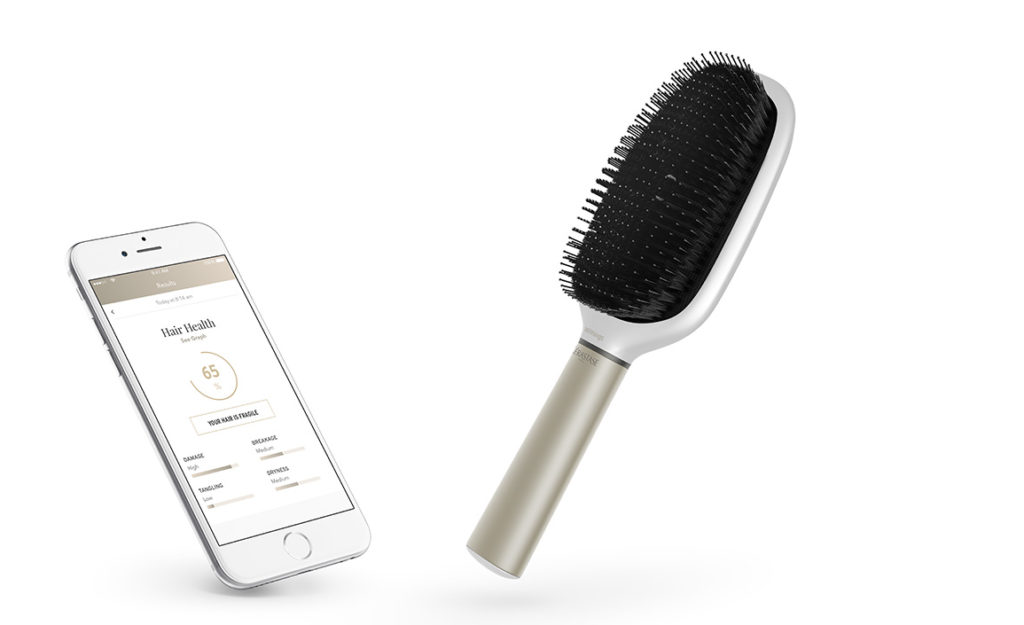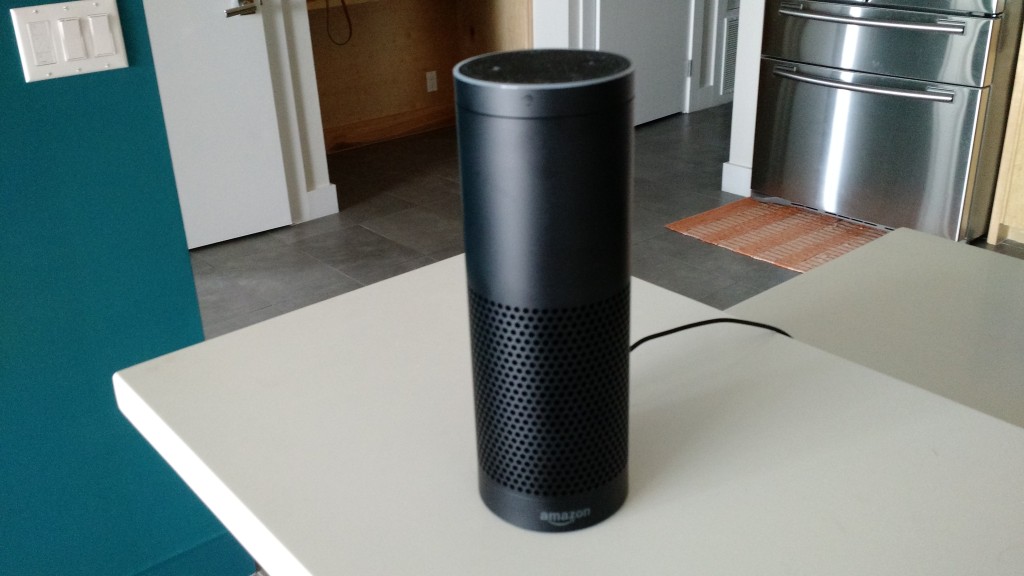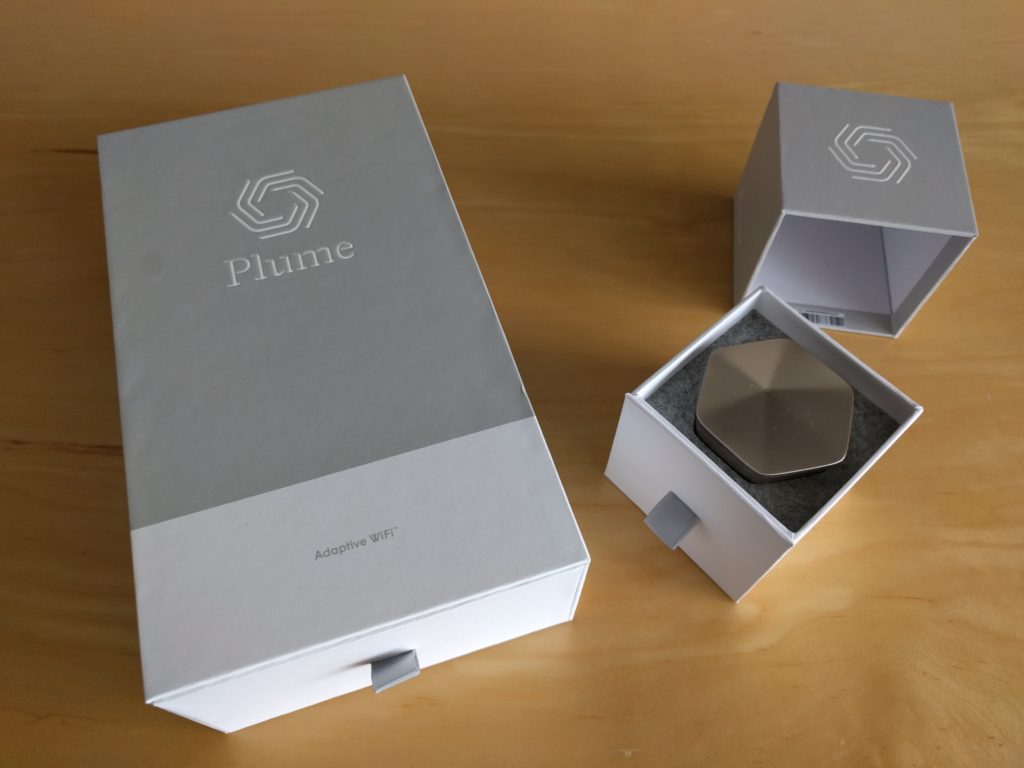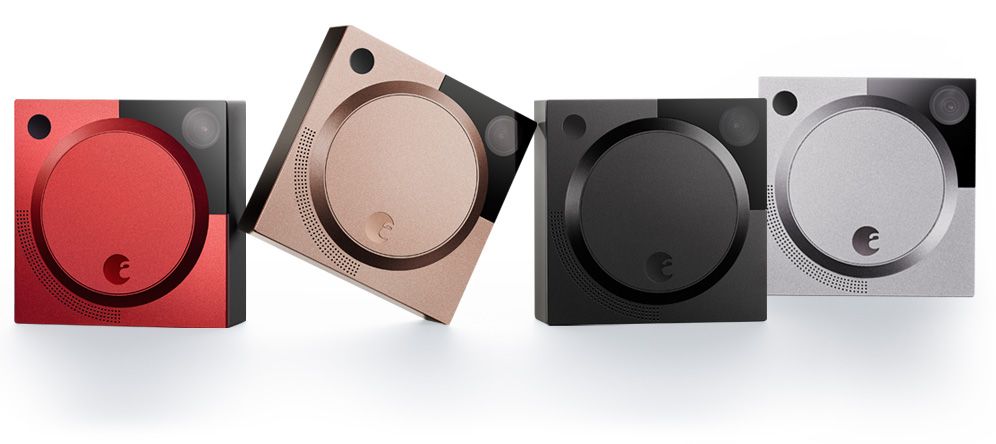It’s time to swap out my Amazon Echo for a Google Home because all of my integrations are working so well, and because Google added Logitech’s Harmony Hub. August added a lock for the pro channel and Samsung’s Tizen OS has a lot of security flaws. This is not good for anyone, especially Samsung.
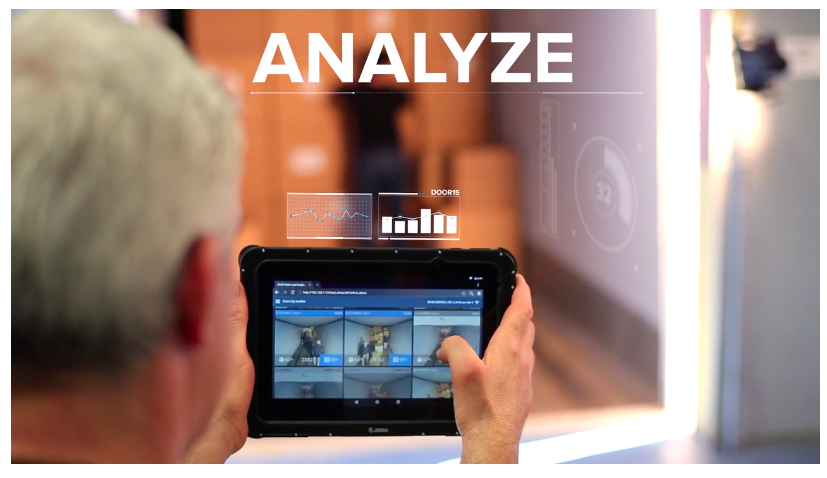
We talk also about Zebra’s new tech for tractor-trailers and why virtual beacons from Mist are better than real ones. Finally, I confess to a secret and contemplate an IoT device to solve it. This week’s guest Simon Bungers discusses what happens when the internet of things invades research labs, and how it could change scientists’ job descriptions.
Hosts: Stacey Higginbotham and Kevin Tofel
Guest: Simon Bungers, CEO of Labfolder
Sponsor: Samsung ARTIK
- Google Home just got better. Is Kevin convinced?
- Zebra has good new freight tech and virtual beacons are better than the real thing
- Tizen has some major security flaws. Roughly 40 of them.
- Meet Smart Nora, which may help my husband sleep at night
- Scientists will spend more time with Python than petri dishes
Podcast: Play in new window | Download | Embed
Subscribe: RSS


